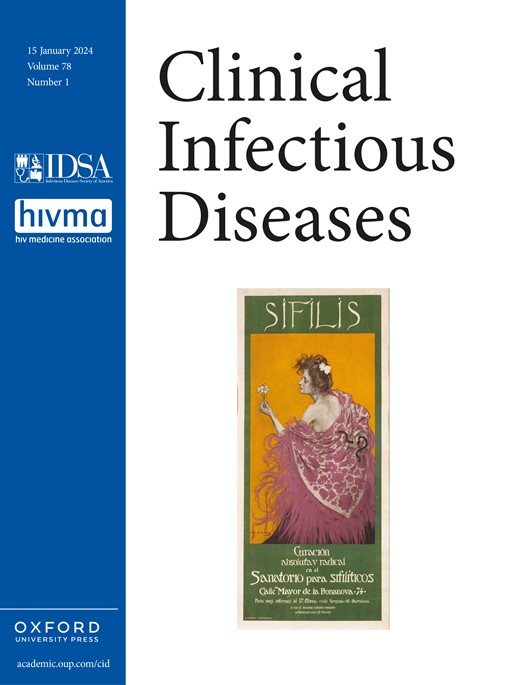Cryptococcal Meningitis Treatment Beyond HIV: Recognizing the need for Individualized Immune-Based Strategies
IF 8.2
1区 医学
Q1 IMMUNOLOGY
引用次数: 0
Abstract
The promising results of the Ambition-CM trial in persons with HIV have sparked interest in treating non-HIV-associated cryptococcal meningitis with single 10mg/kg liposomal amphotericin B, combined with oral flucytosine and fluconazole. However, caution is warranted when applying this approach to non-HIV organ transplant recipients, whose immune status may vary due to the effects of immunosuppressive drugs. In these patients, cryptococcal disease, which generally occurs after initial immunosuppressant doses are reduced, may be driven by fungal growth, an immune response to cryptococcal antigens, or both. The latter is particularly relevant as potent antimicrobial therapy can lyse Cryptococcus, releasing antigens that trigger inflammation and cause host-mediated damage. Reducing iatrogenic immunosuppression may enhance host immune responses, which, in the context of neuro-infections, may be fatal. This highlights the importance of understanding the immune status of non-HIV organ transplant recipients within the context of the Damage-Response Framework to guide personalized treatment strategies.除艾滋病毒外的隐球菌脑膜炎治疗:认识到个性化免疫策略的必要性
在艾滋病毒感染者中进行的雄心- cm试验的令人鼓舞的结果引发了人们对使用单10mg/kg两性霉素B脂质体联合口服氟胞嘧啶和氟康唑治疗非艾滋病毒相关隐球菌性脑膜炎的兴趣。然而,在将这种方法应用于非hiv器官移植受者时需要谨慎,因为他们的免疫状态可能因免疫抑制药物的作用而变化。在这些患者中,隐球菌病通常在初始免疫抑制剂剂量减少后发生,可能是由真菌生长、对隐球菌抗原的免疫反应或两者共同驱动的。后者尤其重要,因为有效的抗菌治疗可以溶解隐球菌,释放引发炎症并引起宿主介导损伤的抗原。减少医源性免疫抑制可能增强宿主免疫反应,在神经感染的情况下,这可能是致命的。这突出了在损伤-反应框架的背景下了解非hiv器官移植受者的免疫状态以指导个性化治疗策略的重要性。
本文章由计算机程序翻译,如有差异,请以英文原文为准。
求助全文
约1分钟内获得全文
求助全文
来源期刊

Clinical Infectious Diseases
医学-传染病学
CiteScore
25.00
自引率
2.50%
发文量
900
审稿时长
3 months
期刊介绍:
Clinical Infectious Diseases (CID) is dedicated to publishing original research, reviews, guidelines, and perspectives with the potential to reshape clinical practice, providing clinicians with valuable insights for patient care. CID comprehensively addresses the clinical presentation, diagnosis, treatment, and prevention of a wide spectrum of infectious diseases. The journal places a high priority on the assessment of current and innovative treatments, microbiology, immunology, and policies, ensuring relevance to patient care in its commitment to advancing the field of infectious diseases.
 求助内容:
求助内容: 应助结果提醒方式:
应助结果提醒方式:


